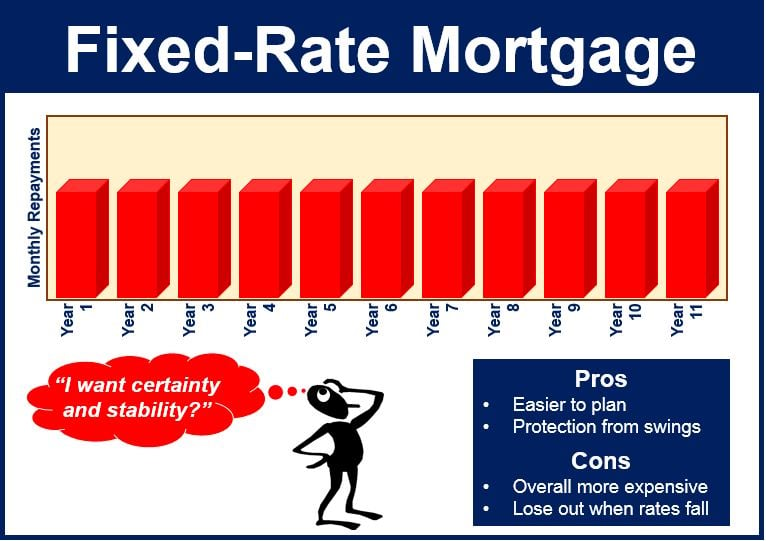Introduction
Commercial loans are essential for businesses looking to finance various aspects of their operations, from purchasing real estate to expanding their facilities. Unlike personal loans, commercial loans are specifically designed for business purposes and typically involve different terms, conditions, and approval processes. This guide provides an overview of commercial loans, including their types, benefits, and application process to help you make informed decisions for your business.
Types of Commercial Loans
- Term Loans
Term loans provide a lump sum of capital that is repaid over a fixed period, usually with a fixed or variable interest rate. They are ideal for long-term investments such as buying equipment, expanding facilities, or acquiring other businesses. Term lengths can vary from a few years to several decades, depending on the purpose of the loan. - Commercial Real Estate Loans
These loans are used to purchase, refinance, or renovate commercial property. They include mortgages for office buildings, retail spaces, and industrial properties. Commercial real estate loans typically have shorter terms than residential mortgages and may require a larger down payment. - Business Lines of Credit
A business line of credit provides flexible access to funds up to a certain limit. You can draw from this line as needed and only pay interest on the amount borrowed. It is ideal for managing cash flow, covering short-term expenses, or dealing with unexpected costs. - Equipment Financing
Equipment financing is specifically designed to purchase or lease equipment needed for business operations. The equipment itself often serves as collateral for the loan, which can simplify the approval process and provide favorable terms. - Invoice Financing
Invoice financing allows businesses to borrow against outstanding invoices. This can help maintain cash flow by providing immediate funds based on unpaid invoices. It is suitable for businesses that experience delays in payment from clients. - Merchant Cash Advances
A merchant cash advance provides a lump sum of cash in exchange for a percentage of future sales or daily credit card transactions. This type of loan is typically used for short-term needs and can be more expensive due to higher fees and interest rates.
Benefits of Commercial Loans
- Access to Capital
Commercial loans provide businesses with the necessary funds to expand, invest in new projects, or cover operational costs. This access to capital can support growth and help businesses take advantage of opportunities. - Flexible Financing Options
With various types of commercial loans available, businesses can choose the financing option that best suits their needs. Whether for real estate, equipment, or working capital, there is a loan type designed to meet specific requirements. - Improved Cash Flow
Certain types of commercial loans, such as lines of credit or invoice financing, can help manage cash flow by providing funds when needed. This flexibility can prevent disruptions in business operations and support financial stability. - Build Business Credit
Timely repayment of commercial loans can improve your business’s credit rating. A strong credit history can enhance your ability to secure future financing and negotiate better terms with lenders. - Tax Benefits
Interest payments on commercial loans may be tax-deductible, depending on the nature of the loan and how the funds are used. This can provide a financial advantage and reduce the overall cost of borrowing.
The Application Process
- Evaluate Your Needs
Determine the amount of capital you need and the purpose of the loan. This will help you choose the right type of loan and lender that aligns with your business goals. - Prepare Financial Documents
Lenders will require various documents to assess your business’s financial health, including:
- Financial statements (balance sheets, income statements)
- Tax returns
- Business plan
- Cash flow projections
- Details of existing debt and assets
- Research Lenders
Explore different lenders, including banks, credit unions, and online lenders. Compare their loan products, interest rates, terms, and fees to find the best option for your business. - Submit Your Application
Complete the loan application with accurate information and provide all required documentation. Be prepared for additional questions or requests for further information during the review process. - Review Loan Terms
If approved, carefully review the loan terms, including interest rates, repayment schedules, and any fees. Ensure you understand all terms and conditions before accepting the loan. - Sign the Agreement
Once you agree to the terms, sign the loan agreement and finalize the process. The funds will be disbursed according to the agreed-upon schedule.
Tips for Securing a Commercial Loan
- Maintain Strong Financials
Ensure your business financials are in order and demonstrate a solid financial history. Lenders will look for a strong credit score, positive cash flow, and a history of timely payments. - Develop a Solid Business Plan
A comprehensive business plan that outlines your business goals, market analysis, and financial projections can strengthen your loan application. It shows lenders that you have a clear strategy for using the funds. - Prepare a Detailed Proposal
Provide a detailed loan proposal outlining the amount needed, how it will be used, and how you plan to repay it. This helps lenders understand the purpose of the loan and assess the risk. - Understand the Costs
Be aware of all costs associated with the loan, including interest rates, fees, and any prepayment penalties. Understanding these costs will help you make an informed decision and manage your finances effectively. - Build a Relationship with Your Lender
Establishing a good relationship with your lender can be beneficial. Open communication and transparency can improve the loan process and help with future financing needs.
Conclusion
Commercial loans are a crucial financial tool for businesses looking to grow, invest, or manage operations. By understanding the different types of loans, the application process, and key considerations, you can make informed decisions and secure the financing needed to achieve your business objectives. With careful planning and preparation, commercial loans can support your business’s success and long-term growth.



